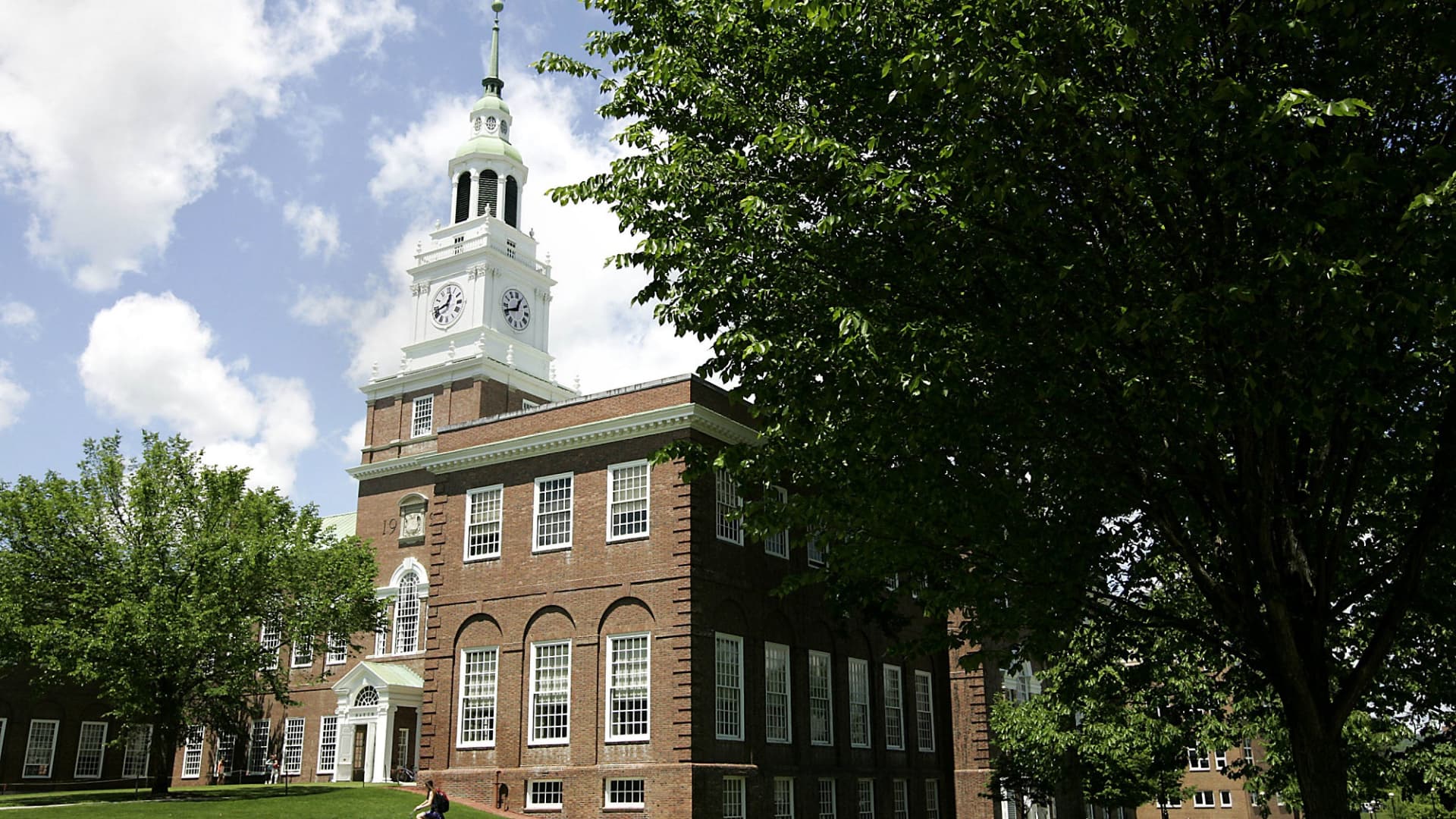Products You May Like
Amid arguably the worst year to apply for financial aid, some colleges are implementing new strategies to entice students wary of the high cost.
Vanderbilt University announced it is expanding Opportunity Vanderbilt to include full-tuition scholarships to students of families with an annual income of $150,000 or less. Meanwhile, Dartmouth also said it is nearly doubling its current income threshold for a “zero parent contribution” for parents with an annual income of $125,000, up from $65,000.
“As costs continue to escalate we think it’s so important there is access,” said Doug Christiansen, Vanderbilt’s dean of admissions and financial aid.
More from Personal Finance:
FAFSA fiasco may cause drop in college enrollment, experts say
Harvard is back on top as the ultimate ‘dream’ school
This could be the best year to lobby for more college financial aid
In a year plagued by problems with the new Free Application for Federal Student Aid, students who were already struggling under the weight of the tab now face additional barriers, Christiansen said, which could ultimately hurt college enrollment.
“I am concerned on a national level that we will have a portion that think they can’t afford it,” he said. “Students who may be in a lower income situation are throwing their hands up and saying, ‘I just can’t go.'”
“College affordability is a serious issue for these families,” Lee Coffin, Dartmouth’s vice president and dean of admissions and financial aid, said in a statement.
“Increasing the threshold for expected parent contributions for a greater number of families is a strong, important commitment to addressing the college affordability concerns for middle-income families,” Coffin said.
Dartmouth’s expansion of financial aid awards for undergraduates, which goes in effect in the next academic year, was funded by a $150 million donation from the late Glenn Britt, marking the largest gift dedicated entirely to scholarships in the school’s history.
Colleges with ‘no loan’ policies
Roughly two dozen schools already have “no-loan” policies, which means they are eliminating student loans altogether from their financial aid packages, according to data from The Princeton Review.
Among the schools on The Princeton Review’s “The Best 389 Colleges” list, 23 promise to meet 100% of their undergraduates’ financial need with grants rather than education debt.
‘No loan’ doesn’t always mean debt free
Of course, even without loans, students may still be on the hook for the expected family contribution, as well as other costs, including books and fees. There could also be a work-study requirement, depending on the school.
Even if a school has a no-loan policy, that also does not prevent a student or family from borrowing money to help cover their contribution, according to Jerry Inglet, a family legacy advisor at Wilmington Trust in Buffalo, New York.
“No loan is a misnomer at best,” he said.
Have a more affordable back up
When picking colleges, Inglet advises students and families to also consider a “financial safety school” in the application process, which could offer more merit-based aid and bring the total cost down.
“I would have a wide net of possibilities that include a number of schools that are both academic and financial safety schools,” he said.
To determine which schools may be the more affordable options, the U.S. Department of Education’s college scorecard and each school’s net price calculator can help.
Also, have a conversation about your family’s financial capacity at the outset so students have a realistic expectations of which schools are within reach, Inglet said.
“Set the guardrails early,” he added.
Subscribe to CNBC on YouTube.
